For many new chess players, coordinating the pieces can feel overwhelming.
They watch Grandmasters play and marvel at the survival precision with which these top players navigate complex positions.
At its core, the major difference between an expert or master and a novice is simple: the master avoids the common mistakes that beginners make without a second thought.
In this article, we’ll highlight 5 of the most common chess mistakes new players make—and how you can avoid them.
1. Blundering Pieces / Leaving Pieces Undefended
Whether because of inexperience, carelessness, or a simple tactical oversight, beginners often leave pieces hanging (en prise), blundering away their position. Sometimes, something as basic as counting the number of attackers and defenders can prevent this.
New players also overlook simple tactics that could have been avoided by double-checking a piece’s role before moving it. Ask yourself: What was this piece doing before I moved it? Will my pieces still coordinate well after this move? Will they be able to defend each other?
One of the best habits to develop early is the “blunder check.” Before making any move, pause for a few seconds to see if your opponent can capture anything for free or create a threat you can’t easily parry. This simple discipline can save countless games, because even powerful moves lose their value if they leave something undefended. Think of it as locking your door before leaving the house—your plan might be great, but you don’t want to hand your opponent free material.
.
In this position, white simply took the pawn on C4 and blundered the bishop on g5.
2. Making Random Moves During a Game
Many players move pieces without realizing they’re making aimless moves. Every move in chess should have a purpose—whether it’s development, improving your position, or preparing an attack. Beginners should avoid pushing too many pawns in the opening and developing the queen too early. It’s best to develop your knights first, then your bishops, before bringing the queen into play.
A helpful way to break the habit of aimless moves is to always ask yourself, “What am I trying to achieve with this move?” Even if you can’t find a perfect plan, having a small, short-term goal—like controlling a key square, improving a piece’s activity, or preparing a safe pawn break will keep you from drifting into pointless moves. Remember: in chess, time is a resource. Every wasted move gives your opponent a chance to take over the game.
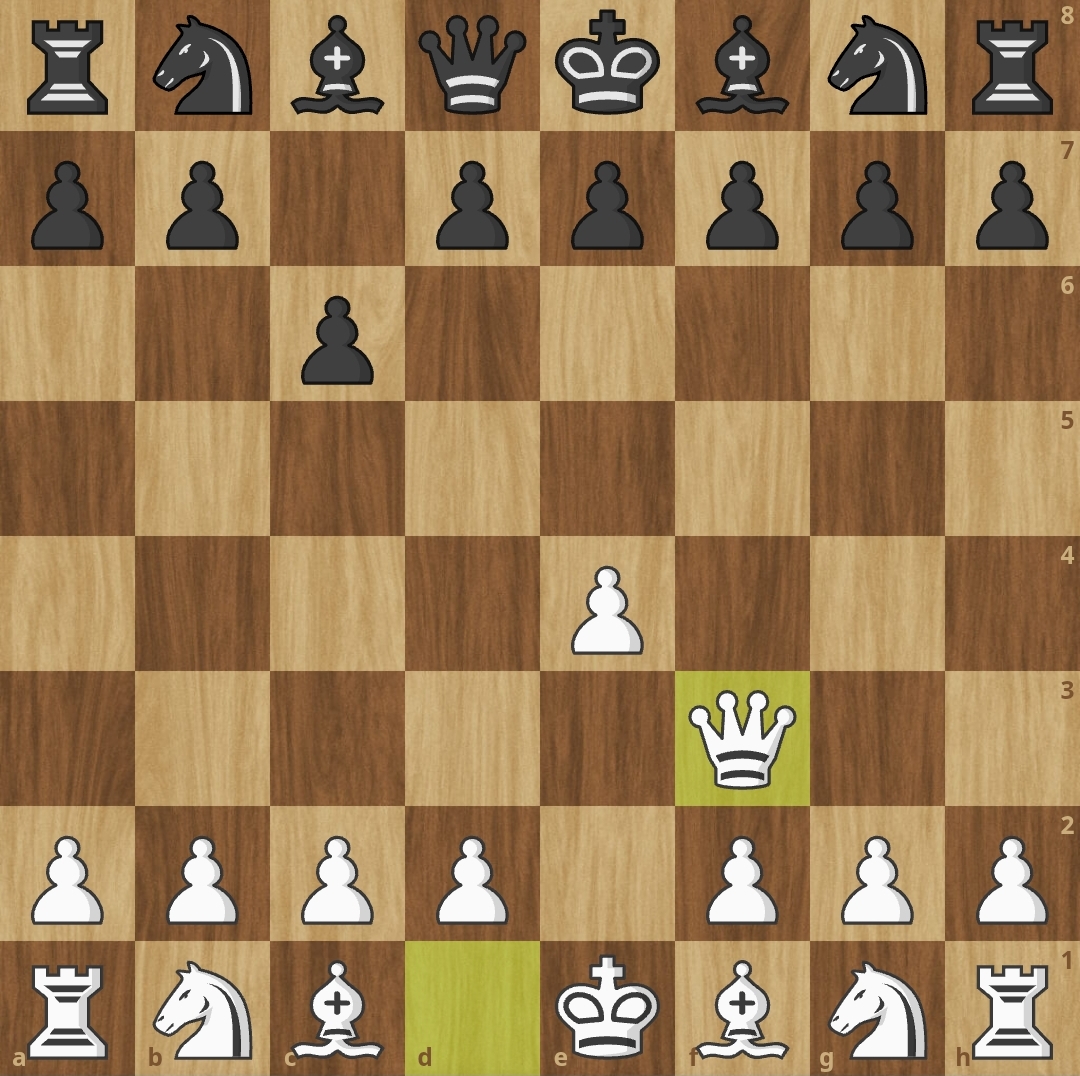
Making uncoordinated moves is usually a recipe for disaster and can typically be punished.
3. Not Looking at the Full Board
A common beginner mistake is focusing on just one part of the board and missing threats elsewhere. This is especially dangerous when bishops are on the board, as their long-range power can lead to missing important tactical blows. Train yourself to scan the entire board before making a move.
Training your board vision is like learning to see in wide-angle mode instead of zooming in. Before moving, scan for threats in all directions—especially along diagonals and open files. A quick habit to adopt is “check, threats, captures” before every move: check for checks you can give or face, look for immediate threats, and evaluate captures for both sides. This keeps you from falling victim to those sneaky long-range pieces lurking across the board.
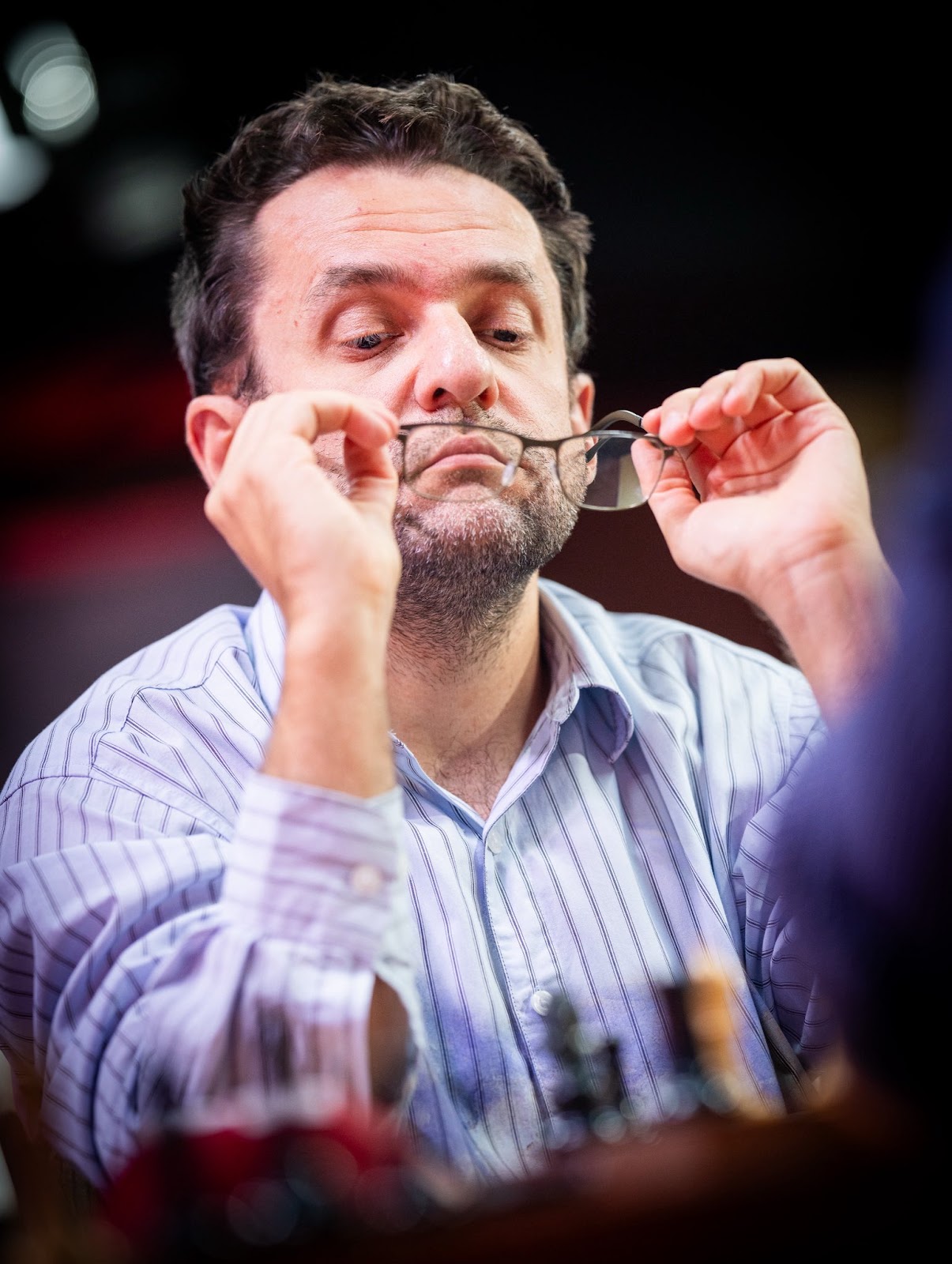
Levon Aronian looking at the board with his glasses at St Louis Rapid and Blitz 2025. Photo Credits: Lennart Opted.
4. Poor King Safety / Making It Easy for the Opponent to Checkmate
Many beginners compromise their king’s movement and safety without realizing it. Avoid moving pawns around your king unnecessarily—they create weaknesses that opponents can exploit. Also, be careful of castling directly into an ongoing attack.
Good king safety isn’t just about avoiding blunders—it’s about making your opponent’s attack as frustrating as possible for him. When you castle, think about which side is safer based on where your opponent’s pieces and pawns are headed. Avoid moving pawns in front of your king unless you have a good reason, as every pawn move creates a weakness that can’t be taken back. In many beginner games, the player who keeps their king safest usually wins.
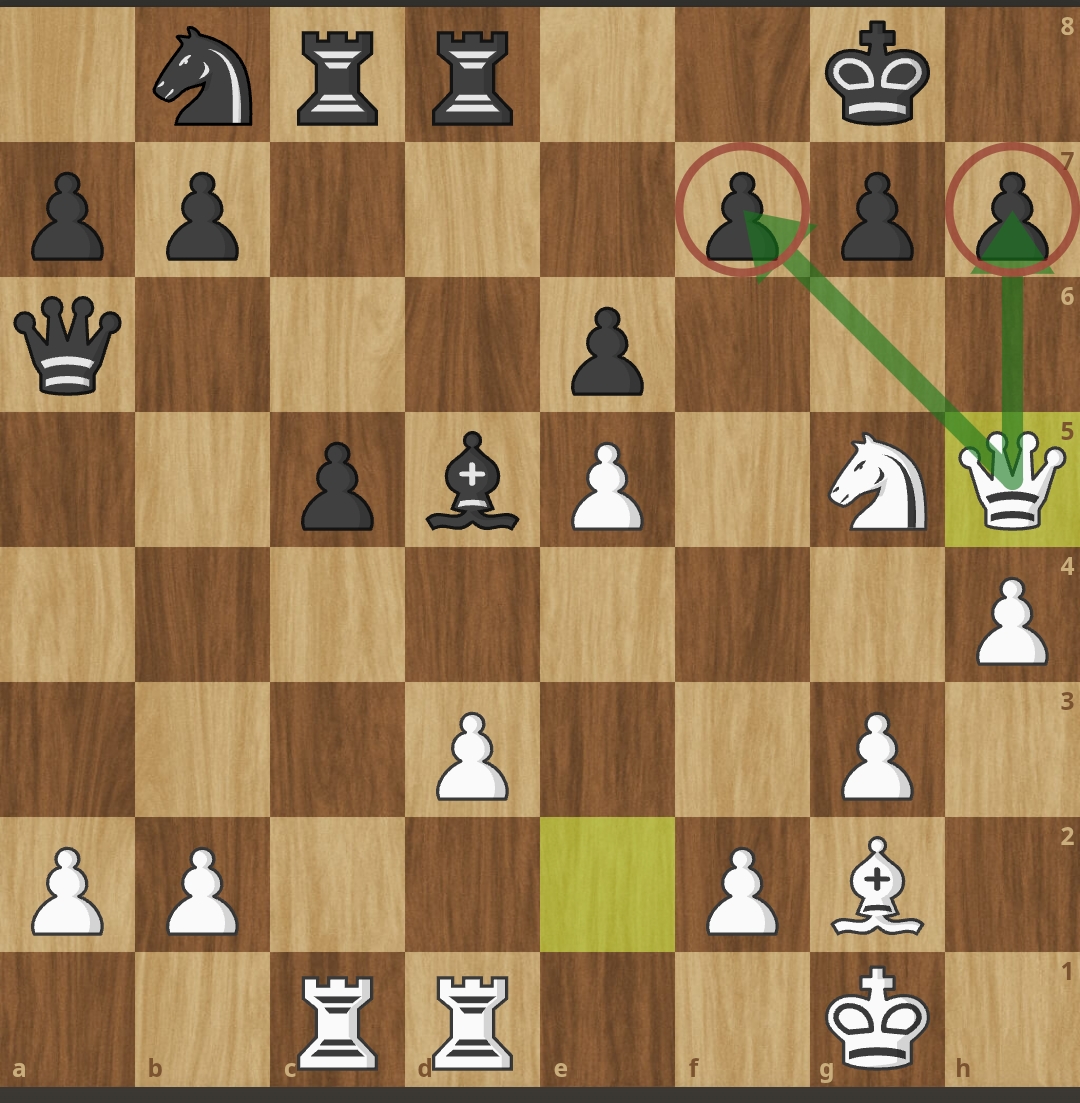
Black completely neglected his king’s safety here, giving white a decisive attack on the kingside.
5. Lack of a Plan / Ignoring the Opponent’s Plan
It’s easy to focus only on your own ideas, but chess is a two-player game. Understanding your opponent’s plan is just as important as executing your own. After each move, ask: What is my opponent trying to do? What’s their long-term strategy?
To avoid drifting through a game without a plan, start each phase of the game with a clear idea, even if it’s simple. In the opening, aim to develop and control the center; in the middlegame, look for weaknesses to attack or strong squares to occupy; in the endgame, focus on promoting pawns. Play “detective” by figuring out your opponent’s intentions—spotting a threat before it happens often means you won’t have to face it at all.
Bonus: Not Taking Time to Study Chess
Some beginners love the game so much they play endless blitz and bullet games, then wonder why they’re not improving. Playing is important, but improvement comes faster when combined with study—whether through a coach, books, or online resources like Chess.com and Lichess.org. Avoid the trap of doing the wrong things repeatedly like most beginners would.
Conclusion
It’s normal to make mistakes as a new chess player, but by watching out for these common pitfalls, you’ll improve much faster and unlock your potential to become a chess Grandmaster.
Knowing all these, head out and plot your next checkmate!




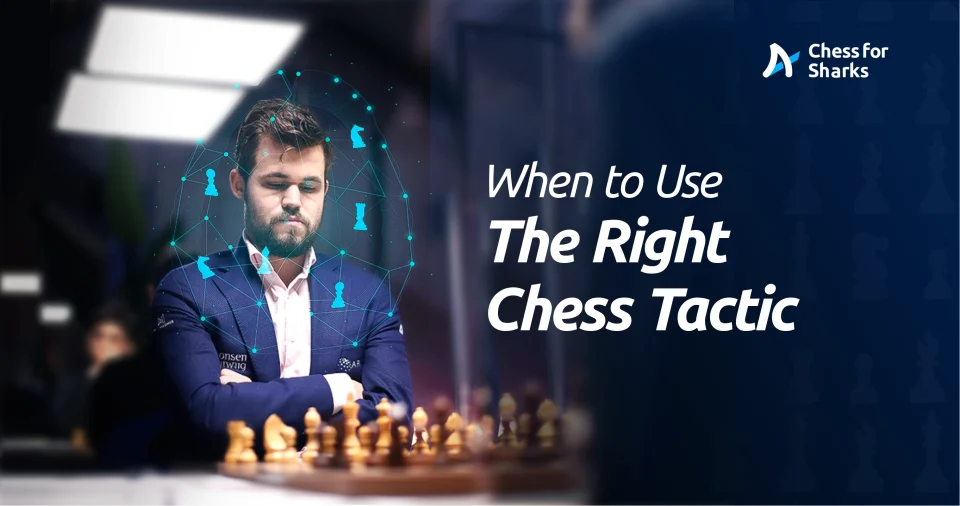
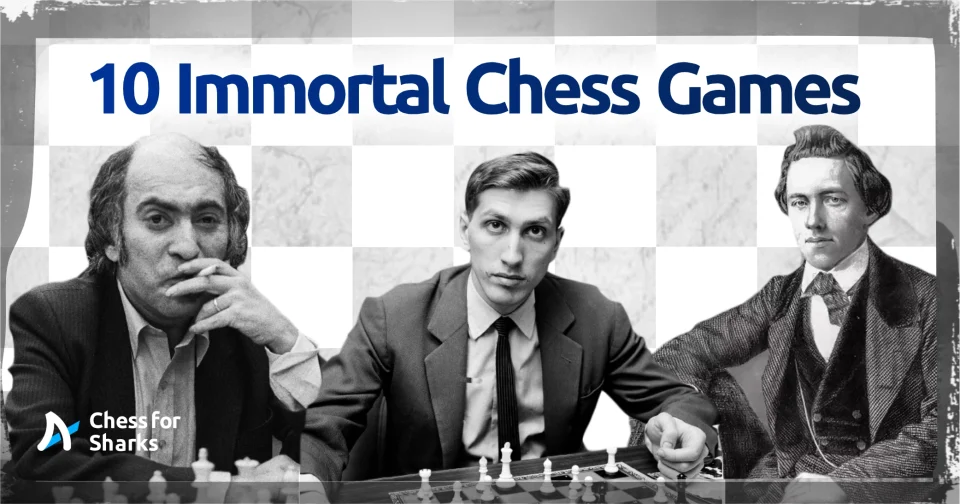
join the conversation